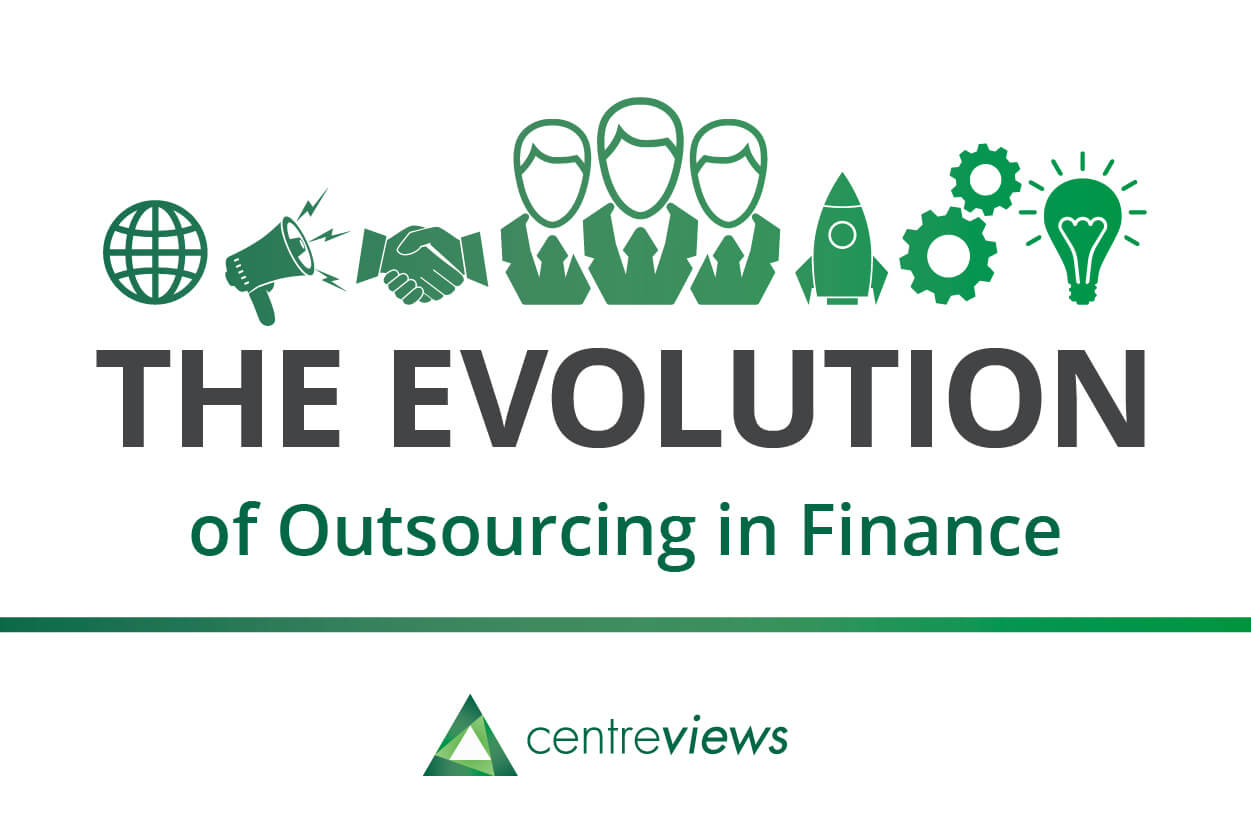Accounting forms the foundation of every successful organization.
If you don’t have more money coming in than going out, you’ll find it’s tough to stay in business for long. A good finance team can help keep operations in the black, as well as ensuring that you meet your tax and regulatory obligations. But a team of skilled financial employees costs money.
The True Costs of Employees
Obviously skilled employees cost money but it may be more money than you think. Joe Hadzima, a lecturer at MIT’s Sloan School of Management, reports that an employee’s salary plus benefits usually totals 1.25 to 1.40 times the base salary. So for an employee with a $60,000 salary, you’re actually paying in the $72,000 to $84,000 range.
It’s more than the salary and benefits. A study by Mellon Financial Corp. found that it takes a new employee 8 to 26 weeks to ramp up and achieve full productivity. The lower end represents admin positions and the higher end of the range represents executives. An accounting professional falls somewhere in between.
Finally, consider the number of times a person changes jobs. According to a January 2018 report from the Bureau of Labor Statistics, the average person changes jobs ten to fifteen times (with an average of 12 job changes) during his or her career.
Combine employee costs and ramp-up time with how often people change jobs and you’re suddenly spending an astronomical amount in recruiting, training, and retention.
Outsourcing is the Answer
One of the best options for growing organizations is to outsource financial operations to professionals that specialize in it. In doing so, organizations pay only for the services they use, rather than committing to a salary and benefits for one or more employees.
But in accounting and finance, outsourcing is nothing new. In fact, the practice dates back well before companies could find accounting solutions online.

The Birth of Outsourcing
Although organizations had trusted experts to handle specific aspects of operations for years, the phrase “outsourcing” wasn’t coined as a business term until 1989. In 1800s Britain, for instance, both legal and accounting practices were outsourced to specialist firms, but the service provider acted more in a consulting role than actually performing duties. When Eastman Kodak chose to outsource its IT systems in 1989, though, the company was seen as a pioneer.
But the beginning of modern-day finance and accounting outsourcing can be traced to a 1990 meeting between BP’s chief financial officer and the firm that would later become Accenture. The meeting led to a revolutionary idea. Instead of merely advising BP on managing its finances, Accenture would take over BP’s accounting practices. With that, the outsourcing revolution began.
The Resulting Backlash
As with anything that becomes wildly popular, there was backlash. Initially, “outsourcing” was largely associated with the practice of sending manufacturing processes overseas, which was seen by some as bad for the U.S. economy. But hiring local service providers to handle bookkeeping was outsourcing, as well, and the internet only continued to push outsourcing into the mainstream.
Just as the internet has made it easier than ever to outsource to a global workforce, a demand emerged to bring work back home. Known as “onshoring,” this practice involves returning a certain percentage of the work to the area where the business is located for economic reasons. But business process outsourcing is more popular than ever, with companies outsourcing work to individuals, organizations, or a combination of both.
The Displacement of Outsourcing by Robotic Process Automation (RPA)
In 2014, the accounting industry saw a major shift as robotic process automation became mainstream. By automating accounting processes, organizations no longer have to pay employees to manage mundane tasks like receiving and paying invoices. Instead of eliminating jobs, though, the practice has shifted accounting professionals into higher-level roles where they oversee accounting operations rather than shuffling papers around. Employees are doing more meaningful work and there are fewer costly errors which saves the organization money. Everyone is happy.
Moving forward, RPA will only continue to power accounting operations at organizations across the globe. In 2020, we’re seeing RPA supporting artificial intelligence operations in companies, providing full-scale accounting solutions that are better than organizations have ever had in the past. When combined with high-level technologies like machine learning, RPA will only continue to move the finance industry forward.


















